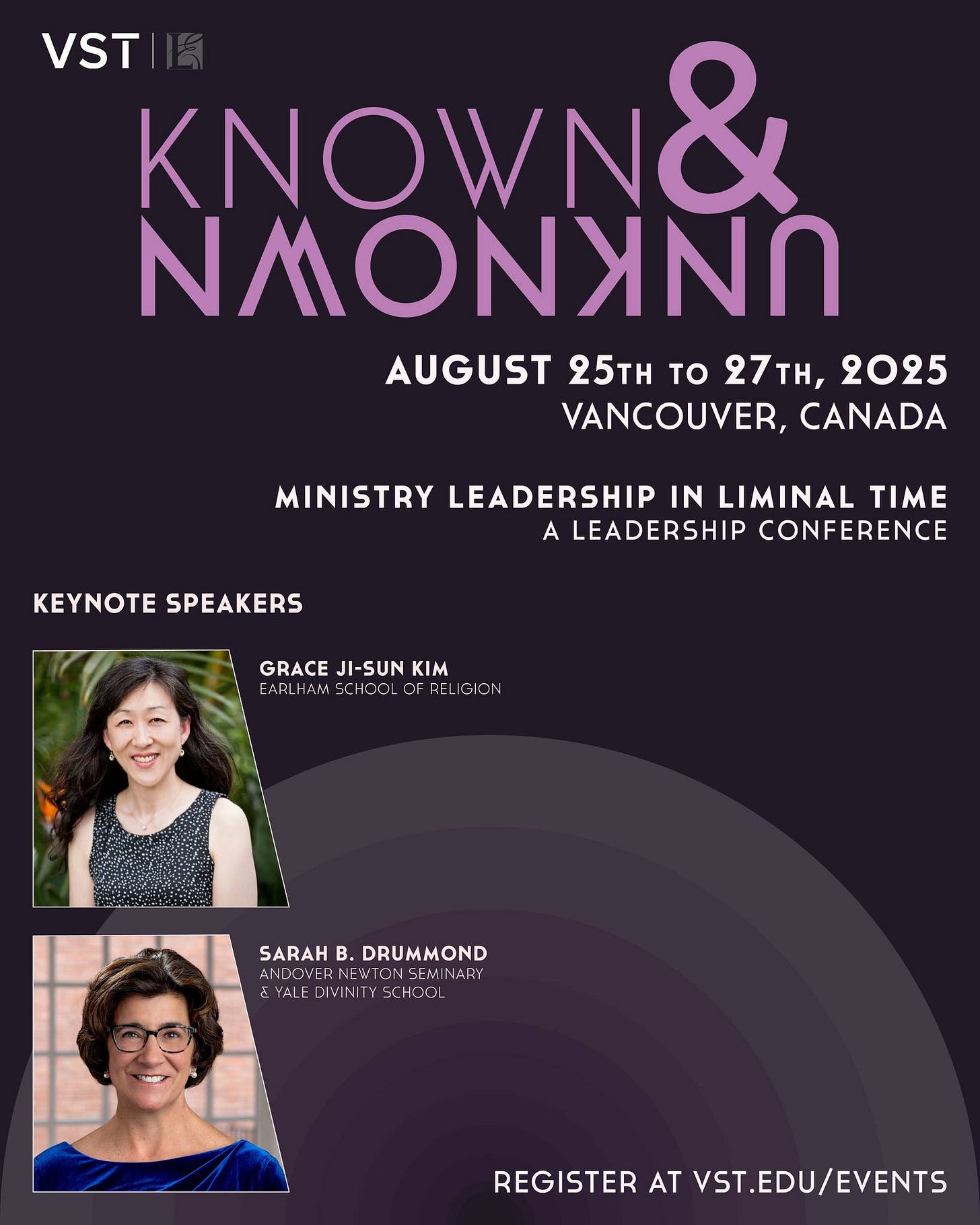I have done numerous podcast interviews on my book, When God Became White, in the past year since its release. Through these conversations, I’ve learned a few things about the topic, the audience, and myself.
I genuinely enjoy being interviewed about When God Became White. Each conversation brings something new. Every podcast host approaches the book from a unique perspective, with questions shaped by their own experiences, audience, and interests. As a result, no two interviews are alike. Some focus more on theology, others on history, and still others on the personal and pastoral implications. This variety keeps the process engaging and reflective for me. It reminds me that the book is living in the world, stirring different thoughts and emotions depending on who encounters it.
Most hosts are curious about why I wrote When God Became White. For me, it was not just an academic or theological pursuit, but it was deeply personal. I needed to understand why, after nearly fifty years of living in North America, racism remains so pervasive. I immigrated from Korea to Canada and the U.S. in the 1970s, a time when many people had little to no awareness of Korea. At school, classmates mocked me and insisted that Korea wasn’t a real country: “There’s China and Japan, but no such thing as Korea,” they would say. The teasing turned into racial taunts, daily acts of discrimination, and dehumanizing gestures like “eye pulls” and slurs. Those experiences left a lasting mark.
Now, fifty years later, even in a globalized world, I still find myself asking: why does racism persist?
We live in a time when Korean culture is embraced globally through K-dramas, K-pop, K-beauty, mukbang, and Korean movies have captured the hearts of millions. People savor Korean food, admire its art, and celebrate its storytelling. And yet, even amid this cultural admiration, Korean Americans, along with many other communities of color, continue to face racism, stereotyping, and violence.
This painful contradiction led me to write When God Became White.. I needed to explore the theological roots of racial injustice. How has Christianity, particularly in Western contexts, contributed to or justified white dominance? How can we deconstruct these frameworks and reimagine a faith that liberates rather than oppresses?
Writing this book was a way to name the pain, explore its roots, and confront the theological narratives that have helped sustain racial injustice in the church and in society.
I hope that this book serves as a theological journey, one that can be used in classrooms, churches, communities, and homes. We need more than awareness. We need transformation.
We need white people to stand in true solidarity with communities of color, to listen, learn, unlearn, and act. Only together can we confront racism and dismantle it from our institutions, our churches, and our lives.
**I had the pleasure of joining , on her podcast to talk about my book When God Became White. We had an important and thought-provoking conversation that I hope you'll take time to listen to. And if you haven’t yet, grab a copy of When God Became White.
Listen on: Apple Podcasts | Spotify | Amazon Music
Show Notes: The heart of the episode:
In this thought-provoking episode of Theology on Purpose, I’m joined by theologian, author, and professor Grace Ji-Sun Kim to discuss her book When God Became White. She shares how her personal experiences as a Korean immigrant shaped her theological journey and led her to ask hard but necessary questions about racism, representation, and the image of God in the church and culture.
Together, we explore how the dominant portrayal of God as white and male has contributed to systems of oppression—both within the church and in broader society. Grace explains the deep consequences of this limited image of God and invites listeners to consider the beauty of alternative ways of imagining God as seen in Scripture.
We also discuss how the influence of Christianity extends far beyond the church pews, shaping cultural values, laws, and social norms—even among those who don’t identify as Christian. Grace challenges us to examine how our theology impacts our treatment of others and calls for a more expansive, inclusive, and faithful vision of God rooted in Scripture.
If you’ve ever struggled with the disconnect between the God you were taught to picture and the God you sense in Scripture, this conversation will offer fresh insight, spiritual depth, and a call to holy imagination.
Mentioned in this episode:
Earthbound by Grace Ji-Sun Kim



Special Events:
Please pre-order Earthbound from Orbis Books Coming this August 2025.
Please listen to Madang Podcast hosted by the Christian Century. Please reach out for any sponsorship inquiries.
Join me at Vancouver School of Theology for “Known & Unknown: Ministry Leadership in Liminal Time” Conference. It is going to be a wonderful gathering so please register today and reserve your spot.









I loved our conversation (and reading your book) and I find myself still thinking about it! Thank you again for sharing your time with my listeners!